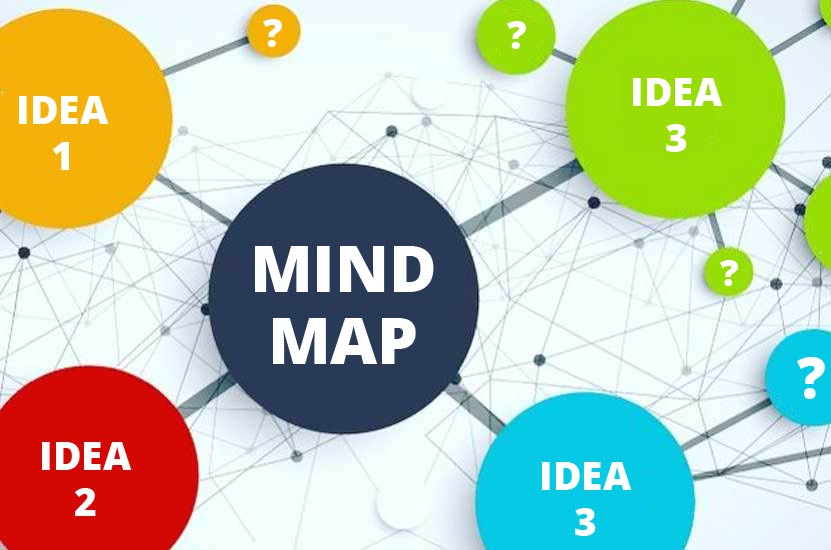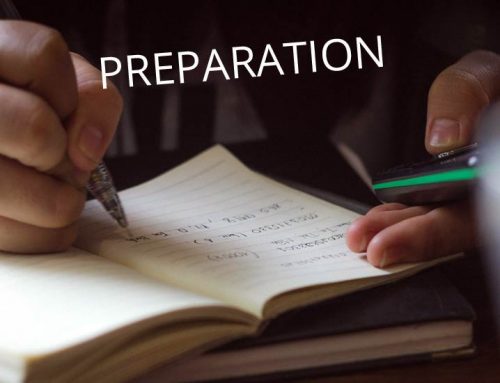How Mind Maps help you to think creatively
Mind Maps were designed by Tony Buzan back in the 1970s. They are described in his book ‘The Mind Map Book’ as a way to ‘aid creativity, memory and specifically the recall of information.’ The format of a Mind Map can be described as similar to the way our brain cells connect concepts and store information. They can be fun to draw, simply using a large sheet of paper, with coloured pens to aid recall and creativity. We introduced children to the concept in one of our short workshop exercises.
Why would you use a Mind Map?
- To organise your thoughts: We gave participants a dauntingly huge topic and asked them to prepare a 2-minute presentation on this topic. Using a Mind Map template, children soon came up with ideas for their presentation in a creative but logically structured format. The main topic was in the middle of the page, with several themes coming off this and key words or images coming off each of the themes. This method can be used when researching topics for schoolwork, encouraging children to take ownership of the material they are preparing, rather than simply copying out notes from online websites or textbooks.
- To stimulate creative and original thinking: Every one of the presentations was unique! In a world where essays can be cut and pasted from Internet sources, resulting in a steep rise in plagiarism issues at University level, this method encourages students to think about how concepts connect. When marking undergraduate essays, a frequent question is ‘How do I get a mark of 80 and above?’ I point out that an outstanding essay would entail originality of thought and making connections between concepts in ways that are unique. Using a mind map as a tool when researching and creating an essay can be a way to help achieve this.
- For giving engaging presentations: a volunteer in our session acted out a poor presentation, reading from their notes with little eye contact with the audience or enthusiasm of tone. Using Mind Maps, participants practiced using them as prompts, whilst engaging their audience with a stimulating and engaging talk.
The Junior Lawyers Club runs workshops for 8-13 year olds, with a series of fast-paced fun activities designed to boost confidence in public speaking, problem solving and creativity.






